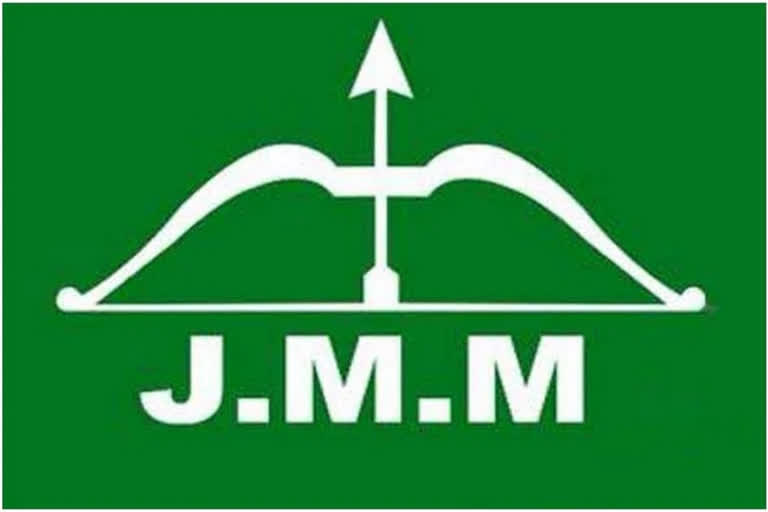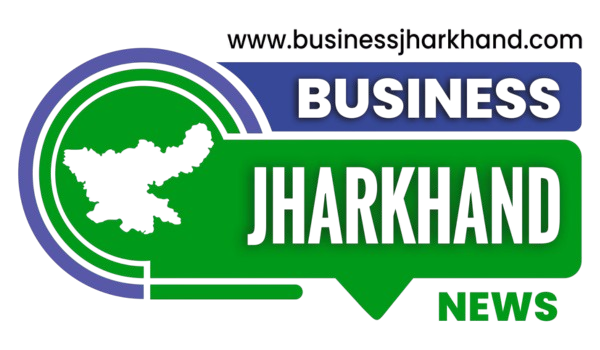Vedanta’s political donations surged to Rs. 157 crore in FY 2024-25, with Rs. 20 crore going to Jharkhand’s ruling JMM amid investment plans in the state. This spike, post-electoral bonds ban, raises concerns over corporate influence, transparency, and potential policy sway in resource-rich regions.
Mining and metals giant Vedanta Ltd, led by billionaire Anil Agarwal, has made headlines by increasing its political contributions in FY 2024-25, with donations soaring to Rs. 157 crore. Among the key beneficiaries is Jharkhand Mukti Morcha (JMM), the ruling party in Jharkhand, which received a substantial Rs. 20 crore, a fourfold jump from the Rs. 5 crore it received the previous year. This surge in donations comes at a time when Jharkhand, a state rich in coal, bauxite, and other natural resources, is witnessing growing corporate interest in its mining sector. Sources suggest that Vedanta is exploring fresh investment opportunities in the region, especially the expansion of its Ferro Alloy Corporation Ltd (FACOR) operations in eastern India.
Also Read: Jharkhand’s Kasta Coal Block to Lead India’s Coal Gasification Revolution

BJP Received Largest Share of Donation from Vedanta
Vedanta’s donations place it among India’s top corporate political donors. The Bharatiya Janata Party (BJP) received the largest share from the company in FY25, with donations increasing to Rs. 97 crore, up from Rs. 26 crore in FY24. In contrast, the Congress party received only ₹10 crore, a sharp drop from Rs. 49 crore last year. Regional parties like the Biju Janata Dal (BJD) were also beneficiaries, receiving Rs. 25 crore. The sharp increase in corporate donations raises concerns about the growing influence of big business in Indian politics, particularly in resource-rich states where Government policies heavily impact mining and industrial operations.
Vedanta has been channeling its donations through the Janhit Electoral Trust, one of several such corporate-run entities in India. While these trusts are somewhat more transparent than electoral bonds, they still attract criticism for potentially enabling undue influence over political decision-making. Vedanta had earlier contributed Rs. 457 crore via electoral bonds between 2017 and 2023, making it one of the largest contributors under the now-scrapped scheme.
Also Read: CID Uncovered Sahara Group’s Illegal Land Sale in Jharkhand, Violation of Supreme Court Orders
Fee Payments to Parent Company Cross Rs. 2397 Crore
Alongside political funding, Vedanta’s annual report reveals that the company paid a whopping Rs. 2,397 crore in brand licensing and strategic service fees to its London-based parent Vedanta Resources Plc and its subsidiary VRIL. This includes fees charged to its Indian subsidiaries like Hindustan Zinc Ltd and FACOR, based on a percentage of their annual turnover. Specifically, Hindustan Zinc pays a fee of 1.7%, while FACOR pays 2.5% of their annual consolidated revenue as part of this internal group agreement. Such internal monetisation structures have raised eyebrows among analysts for possibly affecting the financial transparency of domestic operations.

Political and Economic Implications for Jharkhand
Vedanta’s growing involvement in Jharkhand both politically and economically comes at a politically sensitive time. With potential early state elections on the horizon and strategic mining decisions pending, the Rs. 20 crore donation to the JMM is seen as more than just routine corporate philanthropy. Political observers and civil society groups have begun questioning whether such sizable donations might come with expectations of favourable policies, especially when major investment plans are in motion. It’s also worth noting that such donations, while legal, occur in a regulatory environment that still lacks full transparency and public oversight.
Join the WhatsApp Group of Business Jharkhand to Stay tuned for all the latest updates of industrial-political developments in Jharkhand.


